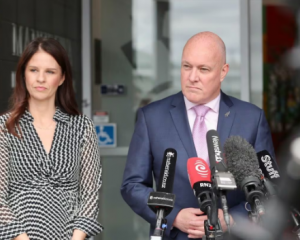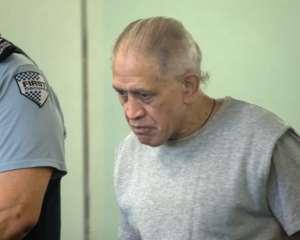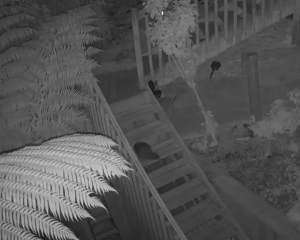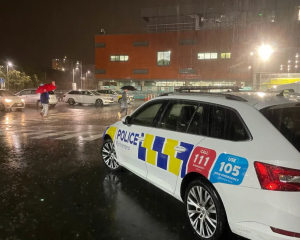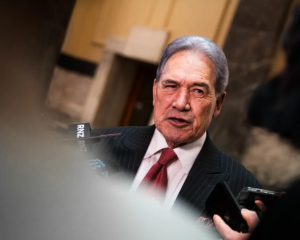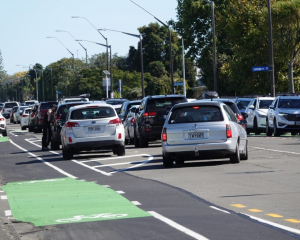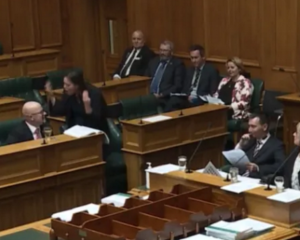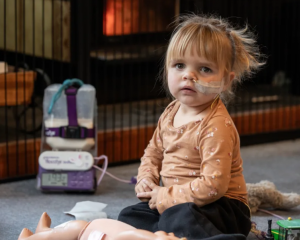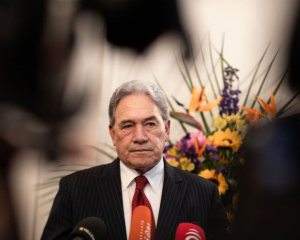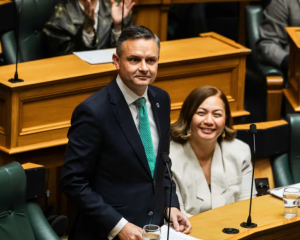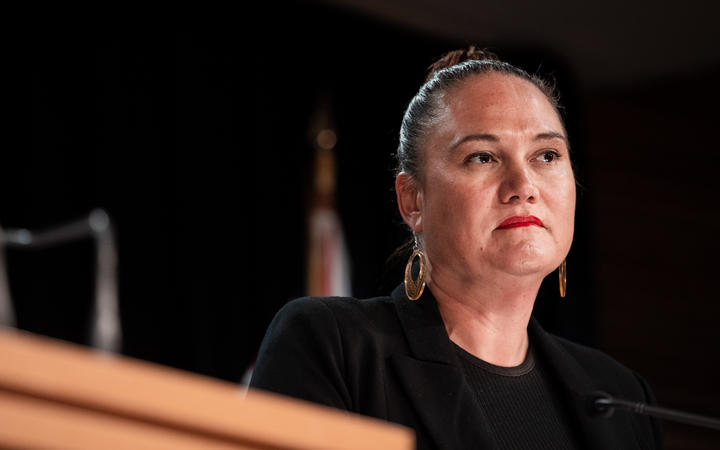
The report for the Ministry of Social Development shows falling rates of hardship, but has serious limitations it says should be shored up with additional research and surveys.
In a statement after the report's release on Friday, Social Development Minister Carmel Sepuloni and the Child Poverty Reduction Minister - Prime Minister Jacinda Ardern - emphasised the positive.
They said the report showed declines in hardship despite the Covid-19 pandemic - a contrast to the sharp rises seen after the Global Financial Crisis - with 145,000 fewer children in hardship in 2021 compared to 2011, 70,000 fewer jobless households, and 40 percent fewer homes with children saying they did not have enough to cover the basics.
However, the data was collected up to a year ago and referred to the period in the year prior - meaning much of the information did not capture the full extent of the pandemic, nor the cost-of-living crisis being driven by soaring inflation seen in 2022.
Long-serving Child Poverty Action Group member Mike O'Brien told Midday Report it was important to acknowledge there had been some improvement, but "the other perhaps more overwhelming thing is that there is so much more to be done and there are some significant groups .... Māori and Pacific and single-parent households, households with children with a disability, that really are running significantly behind".
He said some major policy shifts were needed to achieve what legislation and the report itself called for - a reduction in hardship levels to about 6 percent, in line with top-performing European countries.
"Firstly around improving Working for Families - there are a number of important improvements there; secondly, sustaining improvements in benefit levels; and thirdly building on and sustaining and accelerating the work on housing and housing changes, because housing is such a significant factor."
He said the data from the report - now 18 months old - missed much of the current impacts, but foodbanks and similar agencies had "plenty of good, solid, on the-ground-data".
"If you look at what's happening in foodbanks, if you look at what's happening in terms of the whole range of supports they're developing for families outside of the benefit system - which reflect the sorts of pressures that families are under - there's a strong need for government and indeed for all political parties to say 'look, reducing child poverty to an absolute minimum is the priority'."
Auckland Action Against Poverty is one of those groups with on-the-ground experience, and co-chair Agnes Magele said the report did not give the full picture.
"Every day we see people coming in here hungry, wanting simple things - essential needs such as food, petrol, assistance with rent arrears, assistance with power arrears," she said.
"Living in South Auckland I see what goes on in our communities, I see the people that are suffering, I see people with kids walking around with no shoes, kids going to school hungry with no lunches because parents can't afford it.
"A lot of people think that the parents are to blame because they don't want to do this and that but with how society is at the moment and how the system is at the moment, how can they expect people to be able to survive?"
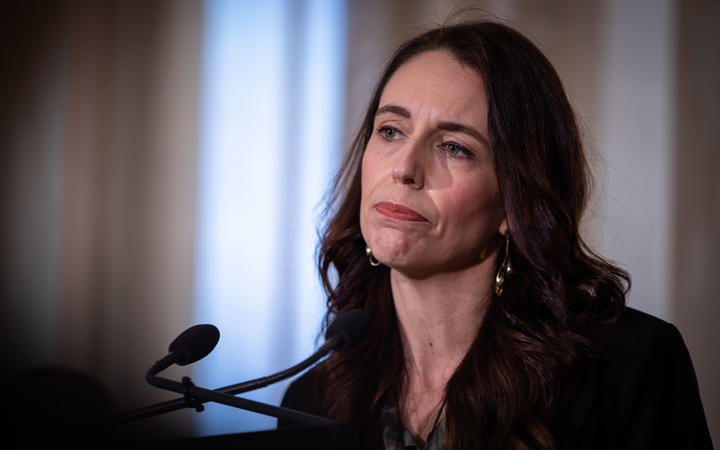
"They just don't care, that's how I feel. For me, they don't care about what's happening to everybody else - you know, those that are the poorest of families. I'll put it plain and simple, they don't care about the poor people and the poor families that are suffering and going through hardship.
"They also need to acknowledge - first and foremost - that they effed up, and that they need to do more by the people."
She agreed with the report's finding that employment was not enough to keep people out of hardship, and called for wholesale change to the welfare system.
This should include a minimum wage set at the level of a living wage, universally accessible services, the abolition of benefit sanctions in favour of a high-trust model, and the extension of Working for Families regardless of working status, she said.
"Living costs have skyrocketed. People on the benefit are only receiving $200, $300 - and most of that is on rent ... if you're living in a private rental home, $600, $700, that's nothing then leftover for the food, for the basic necessities and the basic essentials that's needed for their kids and their families to survive."
Green MP Jan Logie also wanted the government to overhaul Working for Families, for which a review had recently been completed.
"The feedback was, people wanted it to shift away from incentivising paid work towards ensuring children were properly supported ... the government could very easily now simplify the Working for Families system to ensure that families, regardless of their ability to be in paid work, are able to get that additional support."
She said reports like this should serve as a reminder for the government to keep focusing on the elimination of poverty.
"Any children without their basic needs being met is a cause for concern, not celebration, and this tells us that 50,000 children are living in severe poverty and deprivation," she said.
Keeping children in poverty was a political choice, she said, and the reality of the situation was likely to be worse than the picture the report painted.
"This report tells us that basically one in three children living in households with a sole parent, one in three Māori children, one in five Pasifika children are living in poverty, and two thirds of children where disability is a factor in their whānau, they make up two thirds of children living in severe hardship. Government can change that and government has to change that.
"These figures are pre-Covid, in effect, and do not include children who are living in emergency accommodation ... we know that actually the levels of very severe deprivation are worse than what this report tells us and with the recent increase in cost of living, things are likely to be getting a little worse."
She said the Green Party wanted more support for families to have the choice to do what was right for them.
Sepuloni said she did not want to pre-empt the results of the Working for Families review, and a separate review was being done into childcare assistance.
"We recognise that can be one of the biggest barriers to people being able to work. It's a huge expense for people when they have to pay for childcare."
She defended the government's progress on poverty, saying although the report did not account for more recent challenges facing New Zealanders, it also did not account for some of the more recent initiatives the government had introduced.
"Our 2021 benefit increases, Working for Family changes, and the most recent increase to the minimum wage - those are positive things that aren't even reflected in the data."
She said other changes made by the government were also having an effect.
"It is working - all the initiatives we've put in place. Clearly there's still more work to do and we're absolutely focused on lifting children out of poverty. But despite the challenges that we've been hit with, including the pandemic, we've certainly made traction.
"If we look at sole parent households for instance, 96,000 sole parents are better off by about $174 per week now compared to what they would have got when we took office back in 2017.
"That's money in-pocket, but rolling out food in schools, period products, all of those things helps to address hardships that our young people and our children may be faced with."
She said there was no single issue the government could prioritise over another.
"There's a range of social challenges that we face that we need to continue to work on simultaneously. If there was only one issue then potentially there'd be a silver bullet to resolving the issue of child poverty in Aotearoa and there isn't.
While Sepuloni was prepared to front to media on the matter, the Child Poverty Reduction Minister - Ardern - was not available.

